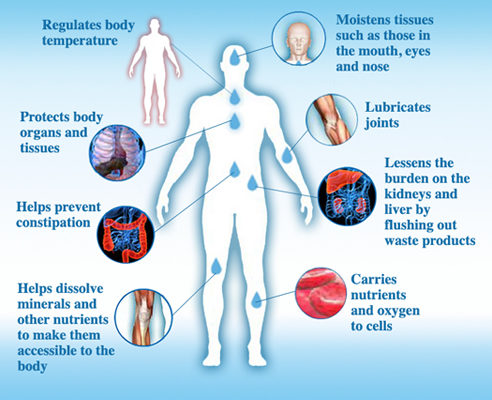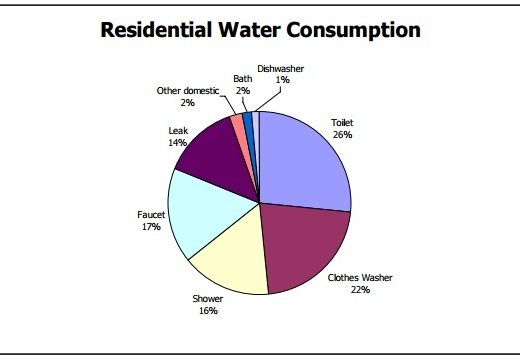Things you may not know about water
Did you know that most people mistake thirst for hunger?

WATER is essential for life, but how much do we really know about this vital liquid commodity?
Here are 10 facts you can use to impress your friends:
1. The average human body consists of 50 to 65% water. 70% of the human brain is water.
According to HH Mitchell, Journal of Biological Chemistry, the brain and heart are made up of 73% water and the lungs consist of about 83% water. The skin contains 64% water, muscles and kidneys are 79%, and the bones are 31%.
2. Water is the most important food your body needs.
Water is regarded as an essential nutrient because it is required in amounts that exceed the body’s ability to produce it. All biochemical reactions occur in water. It fills the spaces in and between cells and helps form structures of large molecules such as protein and glycogen. Water is also required for digestion, absorption, transportation, dissolving nutrients, elimination of waste products and thermo-regulation.

3. You can live about a month without food, but only five days without water.
Without enough water, the body’s cells will shrink. The brain will signal the kidneys to urinate less, which will cause a damaging chain reaction leading to organ failure and ultimately, death.
4. Feeling down or tired? Try drinking a glass of water – it may be symptoms of dehydration.
Depression is often connected to insufficient levels of serotonin, a neurotransmitter which determines mood. An adequate amount of water is needed for the production of serotonin. Dehydration also depletes other essential amino acids, contributing to feelings of dejection, inadequacy, anxiety and irritability.
5. 75% of people are chronically dehydrated and don’t know it because they mistake thirst for hunger.
Because the symptoms of hunger and mild dehydration are so similar – stomach pains (easily mistaken for hunger pangs), shaking, irritability and dizziness, it is easy for the brain to confuse the two.
ALSO READ: What happens to boiling water at -41C?
6. Proper water consumption during waking hours will help you sleep better at night.
When you don’t drink enough water during the day, the body cannot produce enough amino acids – including melatonin, the sleep hormone that helps the body sleep at night and stay awake during the day.
7. Less than 1% of the water on earth can be used as drinking water.
70% of the earth’s surface is covered with water, but of this, about 97% is salt water. Most of the remaining 3% freshwater is trapped in glaciers and snowfields, leaving only 0.007 percent of the planet’s water available for drinking.

8. About 25 700 litres of water is needed to grow a day’s food for a family of four.
The amount of water used to make the food we eat every day can be mind-boggling. Beef has a much higher water footprint than vegetables, grains or beans. A tremendous amount of water is needed to grow the grass, forage and feed that a cow eats over its lifetime, plus water for drinking, cleaning and processing.
9. The average home uses about 400 000 litres water in a year.
The majority of water literally goes down the toilet (26% of it is used to flush the toilet) and towards doing laundry (22%).
10. Freshwater fish do not drink water, but saltwater fish do.
In freshwater, the inside of the fish is ‘saltier’ than the surrounding environment. Water moves into the fish by osmosis, through the gills, and the skin and the stomach. In saltwater, the environment is saltier, the fish loses water passively and has to drink water constantly.
HAVE YOUR SAY
Like our Facebook page and follow us on Twitter
For news straight to your phone invite us:
WhatsApp – 072 069 4169
Instagram – zululand_observer

